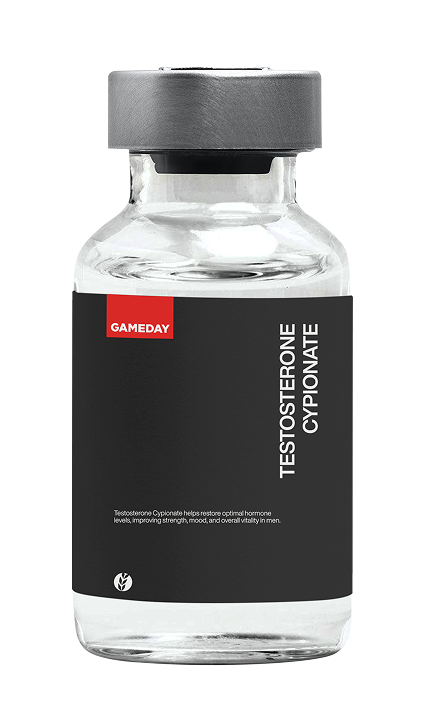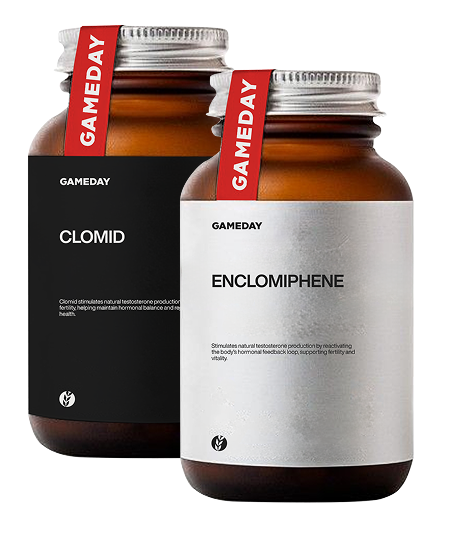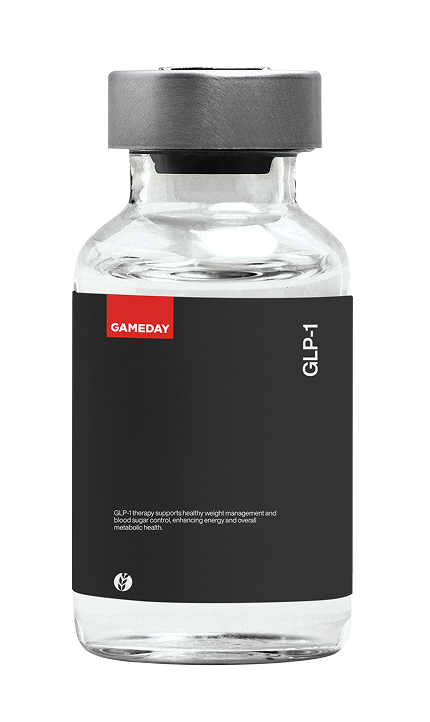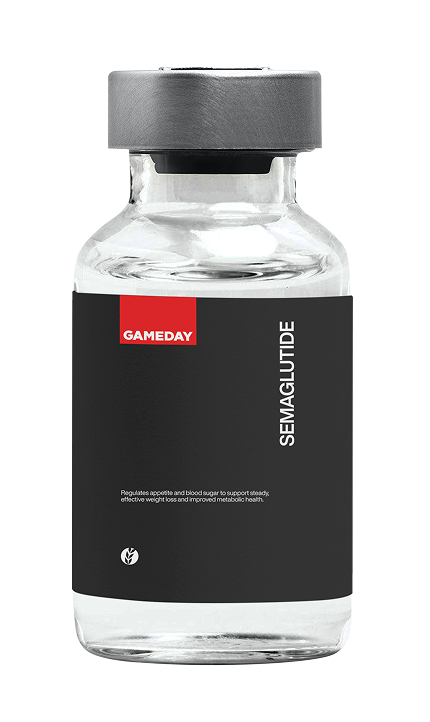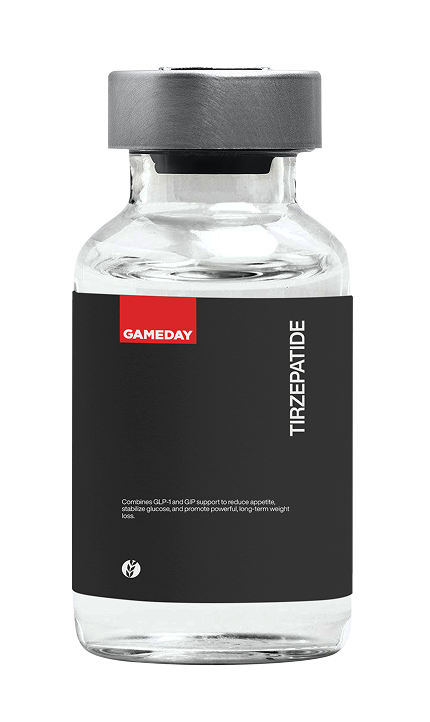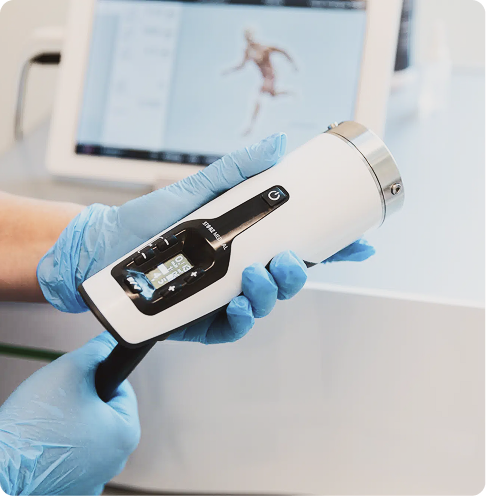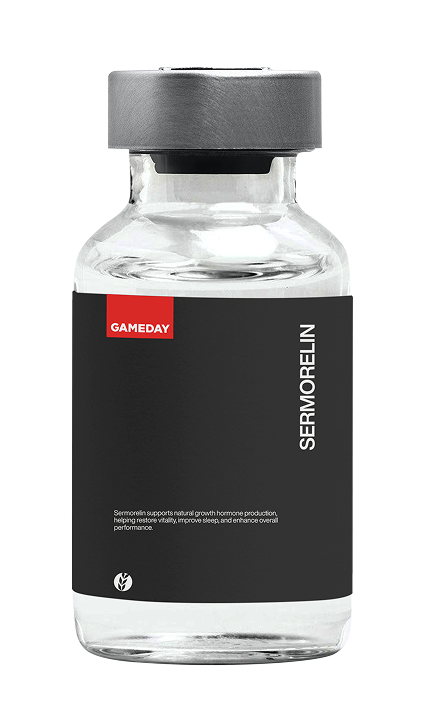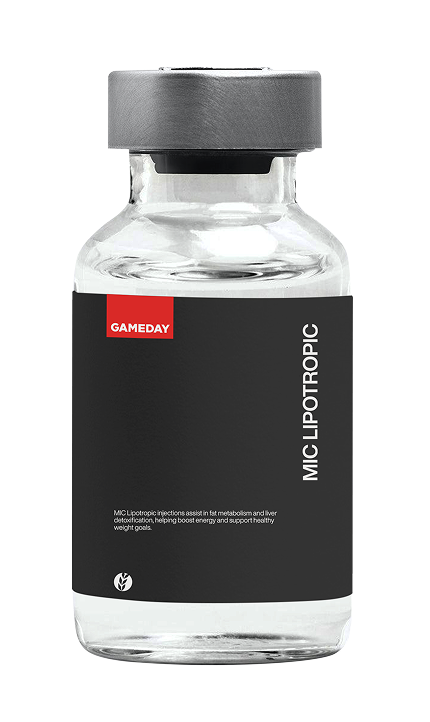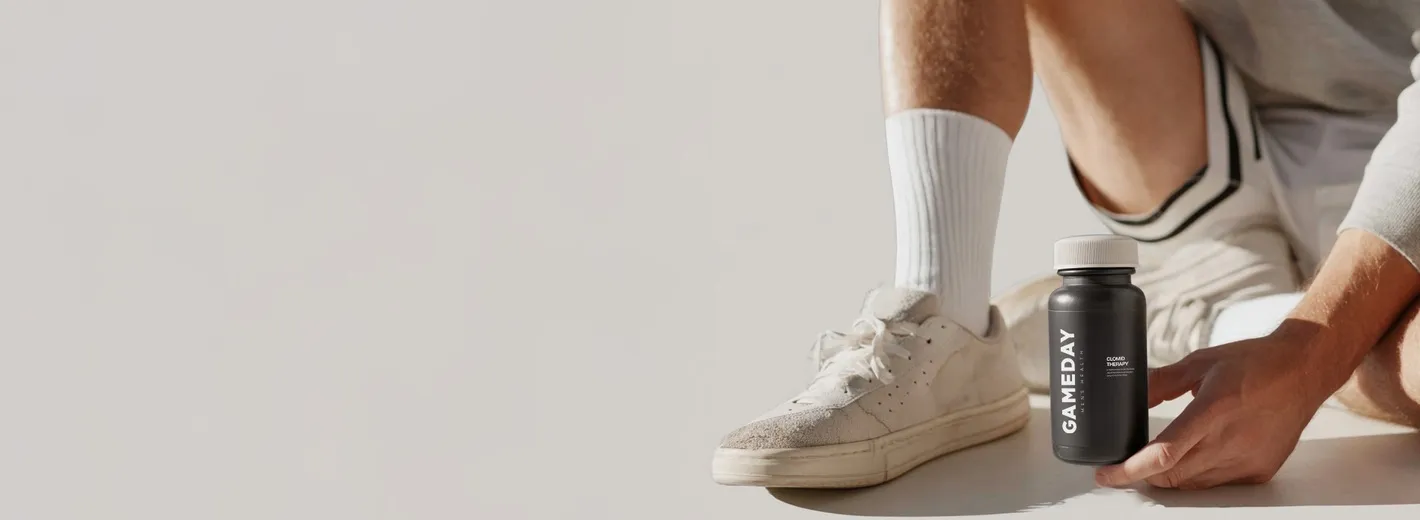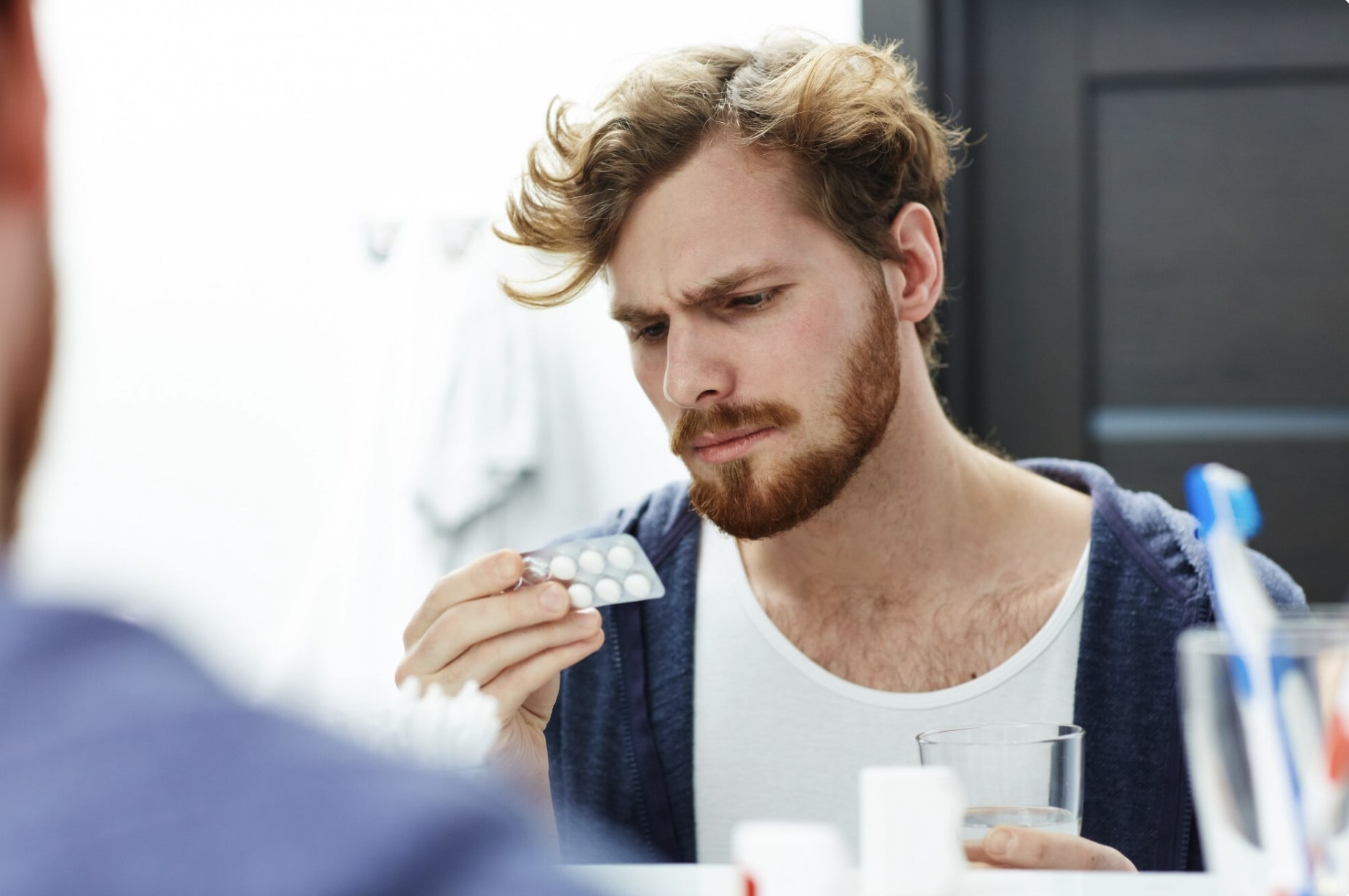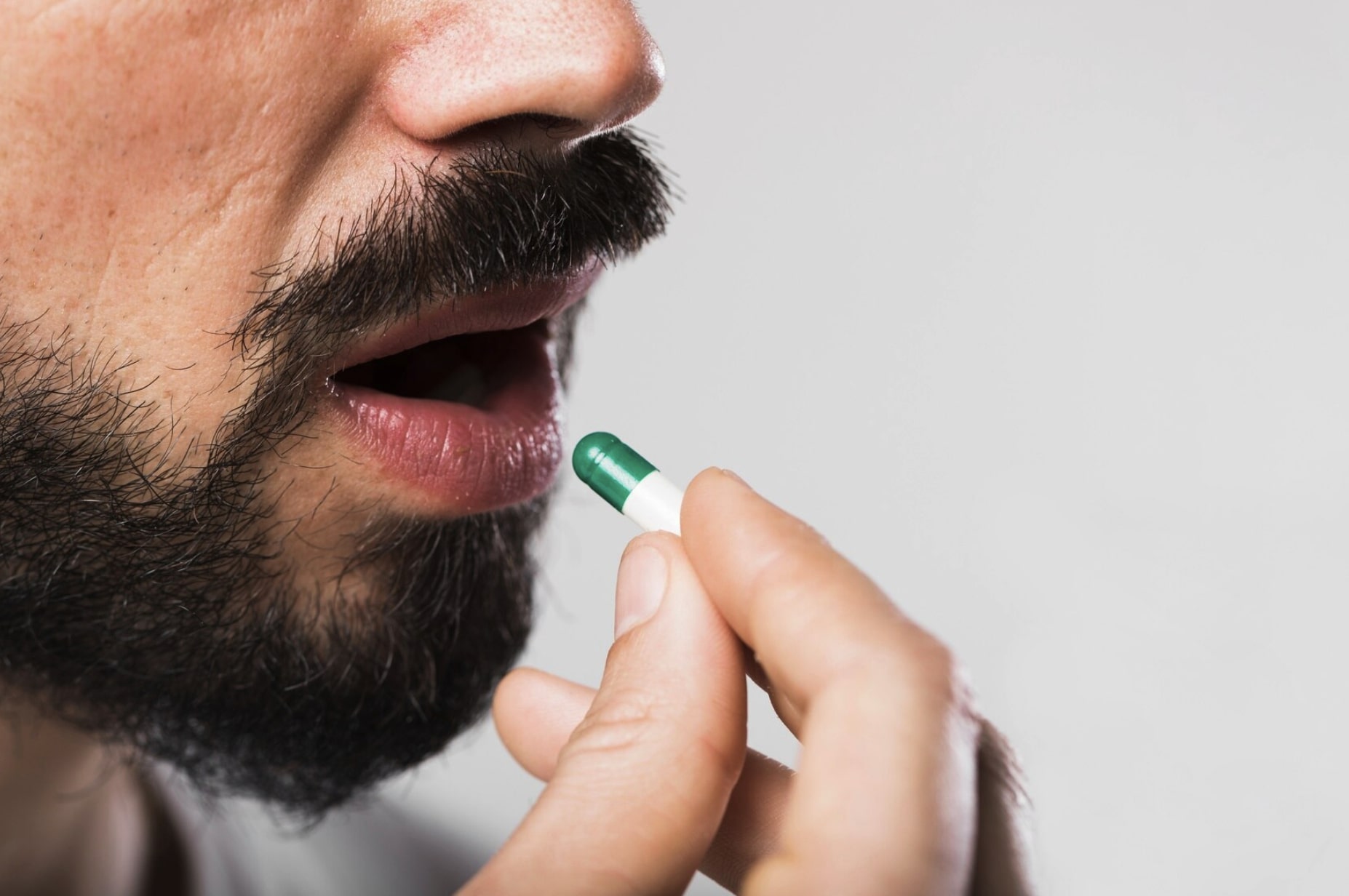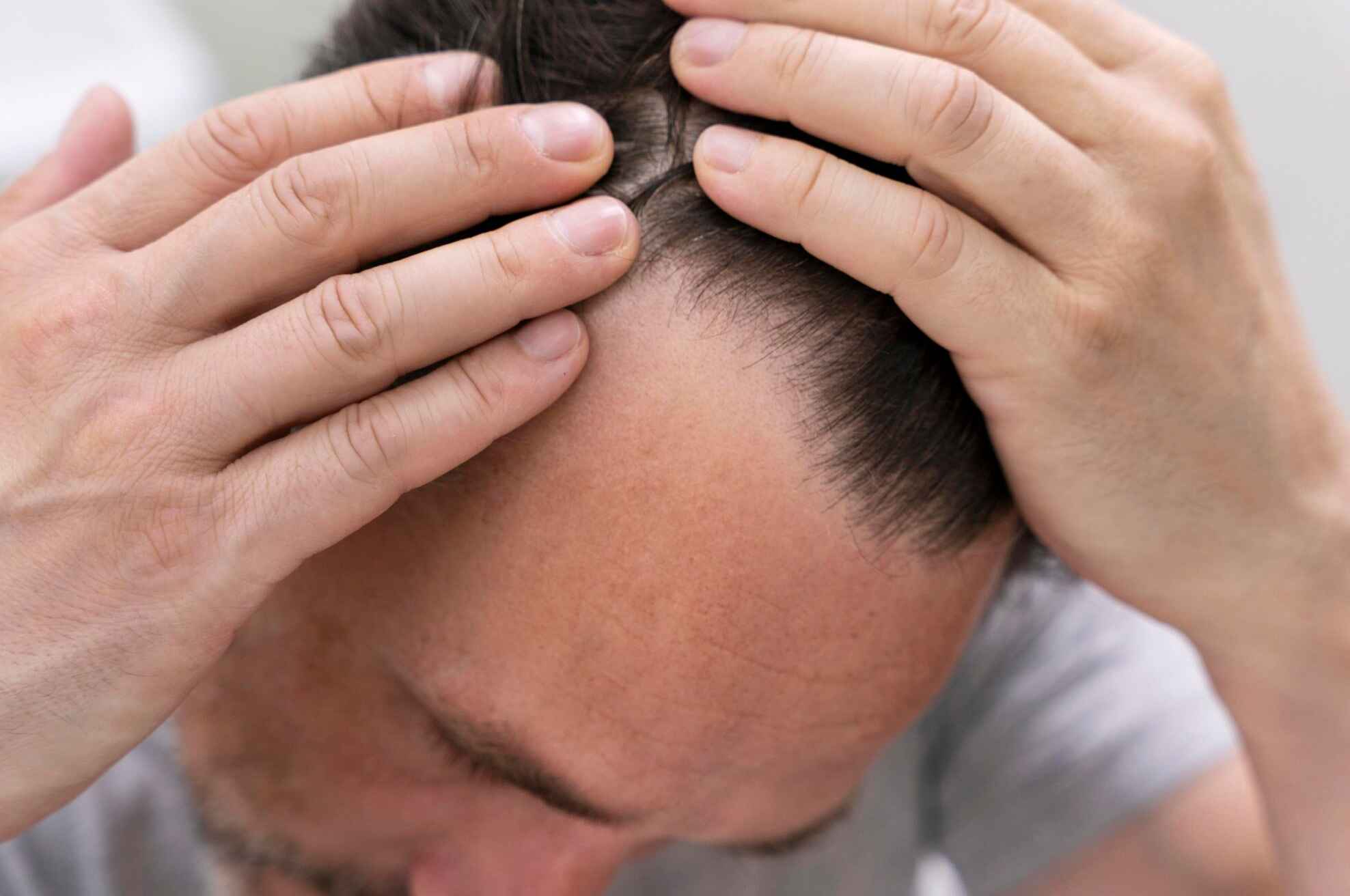As an athlete, you're always striving to perform at your peak. Whether you're on the field, in the gym, or competing in your favorite sport, you need every advantage to stay ahead of the game. While training, nutrition, and rest are crucial components of athletic performance, many athletes are turning to testosterone therapy to take their game to the next level. Testosterone is the primary male sex hormone, playing a vital role in muscle, strength, endurance, and overall athletic performance. But as men age or due to various factors, testosterone levels can decline, leading to a range of symptoms that can hinder athletic abilities.
What is Testosterone Therapy for Athletes?
Testosterone therapy for athletes involves supplementing the body with testosterone to optimize levels for peak performance. This medical treatment aims to restore testosterone to a healthy, optimal range, helping athletes overcome the challenges associated with low testosterone.Testosterone therapy is administered under the guidance of a qualified medical professional, typically through injections, pellets, or oral tablets. The goal is to achieve a balanced testosterone level that enhances athletic performance while minimizing potential side effects.It's important to note that testosterone therapy is not a substitute for hard work and dedication. Instead, it's a tool that can help athletes maximize their potential when combined with proper training and nutrition.
Benefits of Testosterone Therapy for Athletic Performance
Testosterone plays a crucial role in various aspects of athletic performance. By optimizing testosterone levels, athletes may experience:
Increased Lean Muscle Mass and Strength
Testosterone is a key driver of muscle and strength. It stimulates protein synthesis, which is essential for building and repairing muscle tissue. With optimal testosterone levels, athletes can experience enhanced muscle development, allowing them to build a stronger, more resilient physique.
Improved Energy Levels and Endurance
Low testosterone can lead to fatigue and decreased energy levels, which can significantly impact athletic performance. Testosterone therapy can help restore vitality, enabling athletes to train harder, longer, and with greater intensity. This improved endurance can be a game-changer, particularly in sports that require sustained effort over an extended period.
Enhanced Recovery Time
Recovery is a critical aspect of athletic performance. Testosterone therapy can help accelerate the body's natural recovery processes, reducing the time needed between workouts and competitions. This faster recovery allows athletes to maintain a more consistent training schedule, leading to improved performance over time.
Boosted Motivation and Mental Focus
Testosterone not only affects physical performance but also plays a role in mental well-being. Optimal testosterone levels can enhance motivation, confidence, and mental focus—all crucial factors in athletic success. Athletes with balanced testosterone may experience a heightened sense of drive and determination, helping them push through challenges and maintain a competitive edge.
How Testosterone Therapy Supports Maintain Lean Muscle and Recovery
One of the primary benefits of testosterone therapy for athletes is its ability to support muscle and recovery. Here's a closer look at how testosterone works in the body to promote these processes:
Stimulates Protein Synthesis
Testosterone plays a vital role in stimulating protein synthesis, which is the process of building new muscle tissue. By increasing the body's ability to synthesize proteins, testosterone therapy can help athletes develop stronger, more resilient muscles.When testosterone binds to androgen receptors in muscle cells, it activates specific genes responsible for protein synthesis. This activation leads to an increase in muscle fiber size and number, resulting in overall muscle.
Enhances Muscle Repair and Recovery
In addition to promoting lean body mass, testosterone therapy can also support muscle repair and recovery. During intense training or competition, muscle fibers experience micro-tears and damage. Testosterone helps facilitate the repair process by increasing the body's ability to deliver nutrients and oxygen to the damaged tissue.By enhancing blood flow to the muscles, testosterone therapy ensures that essential amino acids and other nutrients are readily available for repair and rebuilding. This improved recovery process allows athletes to bounce back faster from intense workouts and reduces the risk of overtraining and injury.
Testosterone Therapy's Impact on Energy and Endurance
Testosterone therapy can significantly impact an athlete's energy levels and endurance. One of the primary ways it achieves this is by increasing red blood cell production. Red blood cells are responsible for carrying oxygen to the muscles, and with more of them in circulation, the body can deliver oxygen more efficiently. This enhanced oxygen delivery translates to improved muscular endurance and reduced fatigue during intense training or competition.At the cellular level, testosterone therapy also boosts mitochondrial function. Mitochondria are the powerhouses of the cells, responsible for generating energy in the form of ATP (adenosine triphosphate). By optimizing mitochondrial function, testosterone therapy helps the body produce energy more effectively, leading to increased stamina and performance.Athletes undergoing testosterone therapy often report a noticeable reduction in fatigue and an increased ability to sustain prolonged exercise. This improved endurance can be particularly beneficial in sports that require extended periods of exertion, such as long-distance running, cycling, or swimming.
Potential Risks and Side Effects of Testosterone Therapy for Athletes
While testosterone therapy can offer numerous benefits for athletes, it's essential to be aware of the potential risks and side effects associated with this treatment. Some of the common side effects include:
- Acne and oily skin: Testosterone can stimulate the sebaceous glands, leading to increased oil production and potential breakouts.
- Hair loss: In some cases, testosterone therapy may accelerate male pattern baldness in genetically predisposed individuals.
- Sleep apnea: Testosterone can cause changes in breathing patterns during sleep, potentially exacerbating or triggering sleep apnea.
- Mood changes: Some athletes may experience mood swings, irritability, or increased aggression while on testosterone therapy.
More serious risks associated with testosterone therapy include an increased risk of blood clots, cardiovascular events, and liver toxicity. These risks are more pronounced when testosterone is used in excessive doses or without proper medical supervision.It's crucial for athletes considering testosterone therapy to discuss the potential risks and side effects with a qualified healthcare provider. They can help assess individual risk factors and determine the most appropriate course of treatment.
FAQs About Testosterone Therapy for Athletes
Is testosterone therapy legal for athletes?
The legality of testosterone therapy for athletes depends on the specific sport and governing body. Many athletic organizations have strict regulations regarding the use of performance-enhancing substances, including testosterone. Athletes must comply with these rules to avoid potential penalties or disqualification. It’s crucial to consult with a qualified medical professional and understand the regulations specific to your sport before pursuing testosterone therapy.
How long does it take to see results from testosterone therapy?
The time it takes to see results from testosterone therapy varies from person to person. Some athletes may notice improvements in energy levels, muscle mass, and recovery within a few weeks of starting treatment. However, it typically takes several months of consistent therapy to experience the full benefits. Regular follow-up appointments and blood work are necessary to monitor progress and make any necessary adjustments to the treatment plan.
Can testosterone therapy be used in conjunction with other performance-enhancing strategies?
Yes, testosterone therapy can be used in conjunction with other performance-enhancing strategies, such as proper nutrition, strength training, and adequate rest and recovery. In fact, combining testosterone therapy with a comprehensive approach to training and self-care can help athletes maximize their results and achieve their goals more effectively. However, it’s essential to consult with a medical professional to ensure that any additional strategies are safe and appropriate for your individual needs.
How can I find a qualified medical professional for testosterone therapy?
When seeking testosterone therapy for athletic performance, it’s crucial to work with a qualified medical professional who specializes in this area. Look for a healthcare provider with experience in treating athletes and a thorough understanding of the unique needs and challenges associated with sports performance. At Gameday Men’s Health, our team of experts is dedicated to helping athletes optimize their hormonal health and achieve their goals safely and effectively. Schedule a consultation today to learn more about how we can support your athletic journey.



